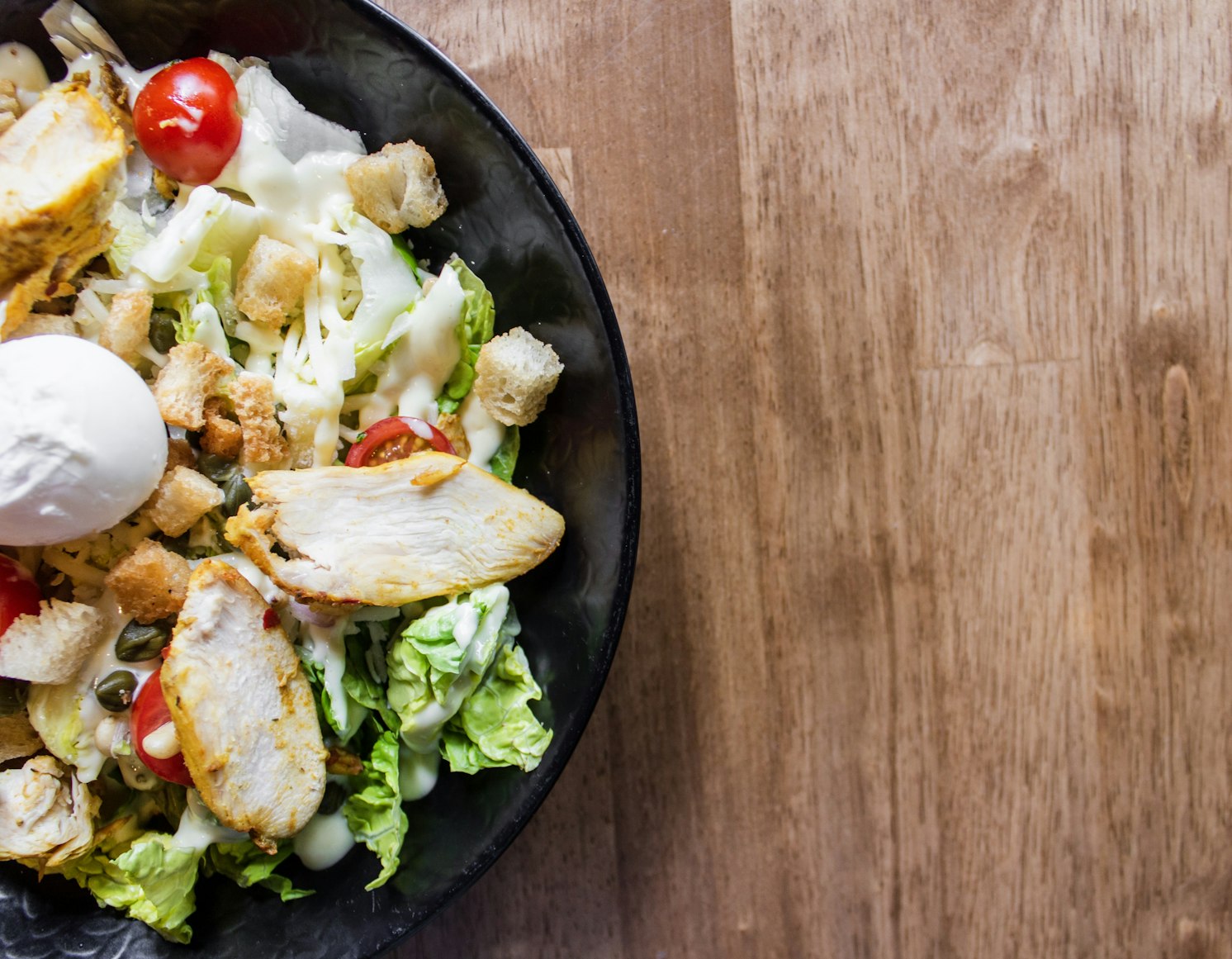How To Get Rid Of Ketosis Headache
Following a ketogenic diet can have numerous health benefits, including weight loss, improved mental clarity, and increased energy levels. However, some individuals may experience a common side effect known as a ketosis headache. This article will explore the causes of ketosis headaches and provide effective strategies to alleviate and prevent them.
Understanding Ketosis
Ketosis is a metabolic state in which the body primarily uses fat for fuel instead of carbohydrates. This occurs when carbohydrate intake is significantly reduced, forcing the body to break down stored fat into ketones for energy. While ketosis is a natural process, it can lead to various symptoms, including headaches.
The Causes of Ketosis Headaches
There are several factors that contribute to the development of ketosis headaches:
- Electrolyte Imbalance: When following a ketogenic diet, the body excretes more water and electrolytes, such as sodium, potassium, and magnesium. Insufficient intake of these essential minerals can lead to dehydration and headaches.
- Low Blood Sugar: During the initial stages of ketosis, blood sugar levels may drop, causing headaches. This is especially common for individuals who previously consumed a high-carbohydrate diet.
- Transition Period: The body needs time to adapt to using ketones as its primary fuel source. During this transition period, known as the “keto flu,” headaches can occur as a result of the metabolic changes taking place.
- Dehydration: Ketosis can increase urine production, leading to a higher risk of dehydration. Dehydration can trigger headaches and other symptoms.
Strategies to Alleviate Ketosis Headaches
If you’re experiencing a ketosis headache, there are several effective strategies to alleviate the discomfort:
1. Stay Hydrated
Ensuring adequate hydration is crucial when following a ketogenic diet. Aim to drink at least 8 cups (64 ounces) of water per day. Additionally, consider adding electrolytes to your water or consuming foods rich in electrolytes, such as avocados, leafy greens, and nuts.
2. Increase Electrolyte Intake
Replenishing electrolytes is essential to prevent dehydration and alleviate ketosis headaches. Consider incorporating foods rich in electrolytes into your diet or using electrolyte supplements. Consult with a healthcare professional to determine the appropriate dosage.
3. Gradually Reduce Carbohydrate Intake
If you’re experiencing severe headaches during the transition to a ketogenic diet, consider gradually reducing your carbohydrate intake instead of making an abrupt change. This can help minimize the intensity and duration of ketosis headaches.
4. Consume Adequate Calories
Ensure you’re consuming enough calories to support your body’s energy needs. Severely restricting calories can lead to low blood sugar levels and subsequent headaches. Focus on consuming nutrient-dense foods, including healthy fats, proteins, and non-starchy vegetables.
5. Manage Stress Levels
Stress can exacerbate headaches, so it’s important to implement stress management techniques. Engage in activities such as meditation, yoga, or deep breathing exercises to reduce stress levels and alleviate headaches.
6. Get Sufficient Sleep
Adequate sleep is crucial for overall health and can help alleviate headaches. Aim for 7-9 hours of quality sleep per night. Establish a consistent sleep routine and create a sleep-friendly environment to promote restful sleep.
Frequently Asked Questions (FAQ)
1. Can ketosis headaches be prevented?
Yes, ketosis headaches can be prevented by ensuring proper hydration, electrolyte balance, and gradual carbohydrate reduction. Following a well-planned ketogenic diet and implementing the strategies mentioned earlier can significantly reduce the likelihood of experiencing ketosis headaches.
2. How long do ketosis headaches last?
The duration of ketosis headaches varies from person to person. Some individuals may experience headaches for a few days, while others may have them for a week or longer. The duration often depends on how quickly the body adapts to using ketones as its primary fuel source.
3. Are there any over-the-counter medications that can help with ketosis headaches?
Over-the-counter pain relievers, such as ibuprofen or acetaminophen, can provide temporary relief from ketosis headaches. However, it’s important to address the underlying causes of the headaches rather than relying solely on medication.
4. Can ketosis headaches be a sign of a more serious condition?
In most cases, ketosis headaches are a temporary side effect of the body transitioning into ketosis. However, if the headaches persist or worsen over time, it’s advisable to consult with a healthcare professional to rule out any underlying medical conditions.
5. Can ketosis headaches occur even after being in ketosis for a while?
While ketosis headaches are more common during the initial stages of ketosis, they can still occur even after being in ketosis for a while. This may be due to factors such as dehydration, electrolyte imbalances, or other individual sensitivities.
6. Are there any natural remedies for ketosis headaches?
Several natural remedies can help alleviate ketosis headaches, including drinking ginger tea, applying peppermint oil to the temples, or using a cold compress on the forehead. However, it’s important to address the underlying causes of the headaches for long-term relief.
Summary
Ketosis headaches can be a common side effect when transitioning to a ketogenic diet. They are often caused by electrolyte imbalances, low blood sugar, and dehydration. By staying hydrated, replenishing electrolytes, gradually reducing carbohydrate intake, consuming adequate calories, managing stress levels, and getting sufficient sleep, individuals can effectively alleviate and prevent ketosis headaches. It’s important to remember that each person’s experience may vary, and consulting with a healthcare professional is advisable if headaches persist or worsen over time.






